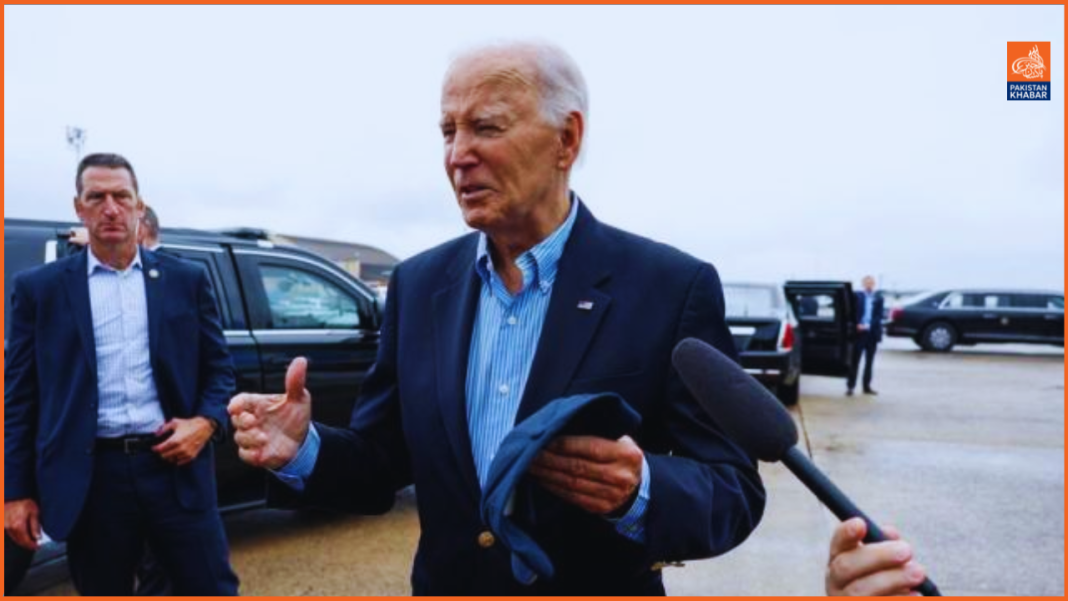US President Joe Biden has unequivocally stated that he will not endorse any Israeli military action targeting Iran’s nuclear facilities, even as tensions rise following Iran’s recent missile strikes against Israel. This assertion follows an alarming incident in which Iran launched over 180 ballistic missiles at Israeli territory, prompting a careful reevaluation of regional security dynamics.
During a press briefing, Biden reaffirmed the United States’ commitment to Israel’s security but emphasized the necessity for a “proportional” response to mitigate the risk of further escalation. He cautioned that an attack on Iran’s nuclear sites could trigger catastrophic consequences throughout the Middle East. Biden noted, “We’ll be discussing with the Israelis what their next steps will be, but all G7 nations agree they have the right to respond, though they should do so proportionally.”
The Iranian missile strikes were a retaliatory measure against the deaths of prominent figures in the region, including Hamas leader Ismail Haniyeh and Hezbollah chief Hassan Nasrallah. The missiles were launched by Iran’s Revolutionary Guards, heightening tensions in an already volatile region. While Israel’s defense systems successfully intercepted most of the incoming missiles, some damage was reported near military airbases.
Israeli Prime Minister Benjamin Netanyahu has vowed to impose severe consequences for Iran’s actions, while former Prime Minister Naftali Bennett has called for a robust response to eliminate Iran’s nuclear capabilities. Despite these calls for action, Biden’s administration is strongly advising against any strikes on Iran’s nuclear facilities, arguing that such moves could escalate the conflict and potentially draw in US forces.
In tandem with the Iranian threat, Israel continues to combat Hamas in Gaza and faces challenges from Hezbollah fighters in Lebanon. Recent border clashes have resulted in casualties on both sides, including the deaths of eight Israeli soldiers. In response to the missile attacks, the US, alongside other G7 nations, plans to implement additional sanctions on Iran.
UN Secretary-General António Guterres has urged for de-escalation, warning that the region is precariously positioned on a “knife’s edge.” Meanwhile, Israeli military leadership remains resolute, asserting their readiness to confront any threats. Lt. Gen. Herzi Halevi, Israel’s chief of staff, indicated that Israel’s adversaries would soon recognize the full extent of its military capabilities.
As the Biden administration navigates this complex geopolitical landscape, it seeks to balance unwavering support for Israel with the imperative to prevent a larger regional conflict. The situation remains fluid, and the international community is on high alert, wary of the repercussions of any miscalculations that could spiral into broader hostilities in the Middle East.




